Smart Glasses
Smart Glasses
Smart Glasses at Bucad is more than an eyewear—it's a seamless extension of your vision for a perfect blend of clear sight, smart function, and modern style.
Whether you're navigating a busy schedule, taking calls on the go, or switching between screens and sunlight, these tech-powered glasses let you stay connected and in control—without ever reaching for your phone.
There are also regular eyeglasses custom-made for you. Choose from graded, progressive, or transition lenses to match your visual needs with your digital pace.
Elevate your eyewear. Schedule your eye check-up today.
Key Features
Key Features
Custom Eyeglasses:
✔️ Custom-fit frames
✔️ Progressive and adaptive lenses
✔️ UV protection built-in
✔️ Designed to match your lifestyle and eye condition
✔️AI-Assisted Machines
Smart Glasses:
Tech-powered glasses with:
✔️ Audio commands
✔️ Bluetooth
✔️ Google/Siri access
✔️ Optional graded, progressive, or transition lenses
Specialty Lenses
Specialty Lenses
Progressive Lenses let you see clearly at all distances—without needing to change your glasses. Pair your progressive lenses with a complete eye exam using our AI-assisted tools for the most precise prescription.
Transition Lenses adapt to light, giving you clear, comfortable vision indoors and sun protection outdoors. Perfect for people on-the-go, especially in bright environments.
You can also upgrade Progressive lenses to Transition lenses and have UV protection that also act as sunglasses: all in one pair.
Maintenance & Care
Maintenance & Care
For All Glasses (Custom, Graded, Progressive, Transition)
Daily Cleaning:
- Use a microfiber cloth and lens-safe cleaning spray
- Avoid using tissue, clothing, or paper towels (these cause scratches)
- Rinse with lukewarm water before wiping to remove debris
Storage:
- Always keep glasses in a hard protective case when not in use
- Use anti-fog or anti-static cloths if included with progressive/transition lenses
Periodic Maintenance Tips:
- Have glasses professionally adjusted or re-aligned every 6–12 months to maintain comfort and fit
- Replace nose pads if they yellow or cause discomfort
- Update prescription lenses as your vision changes—tech features can remain, lenses can be replaced
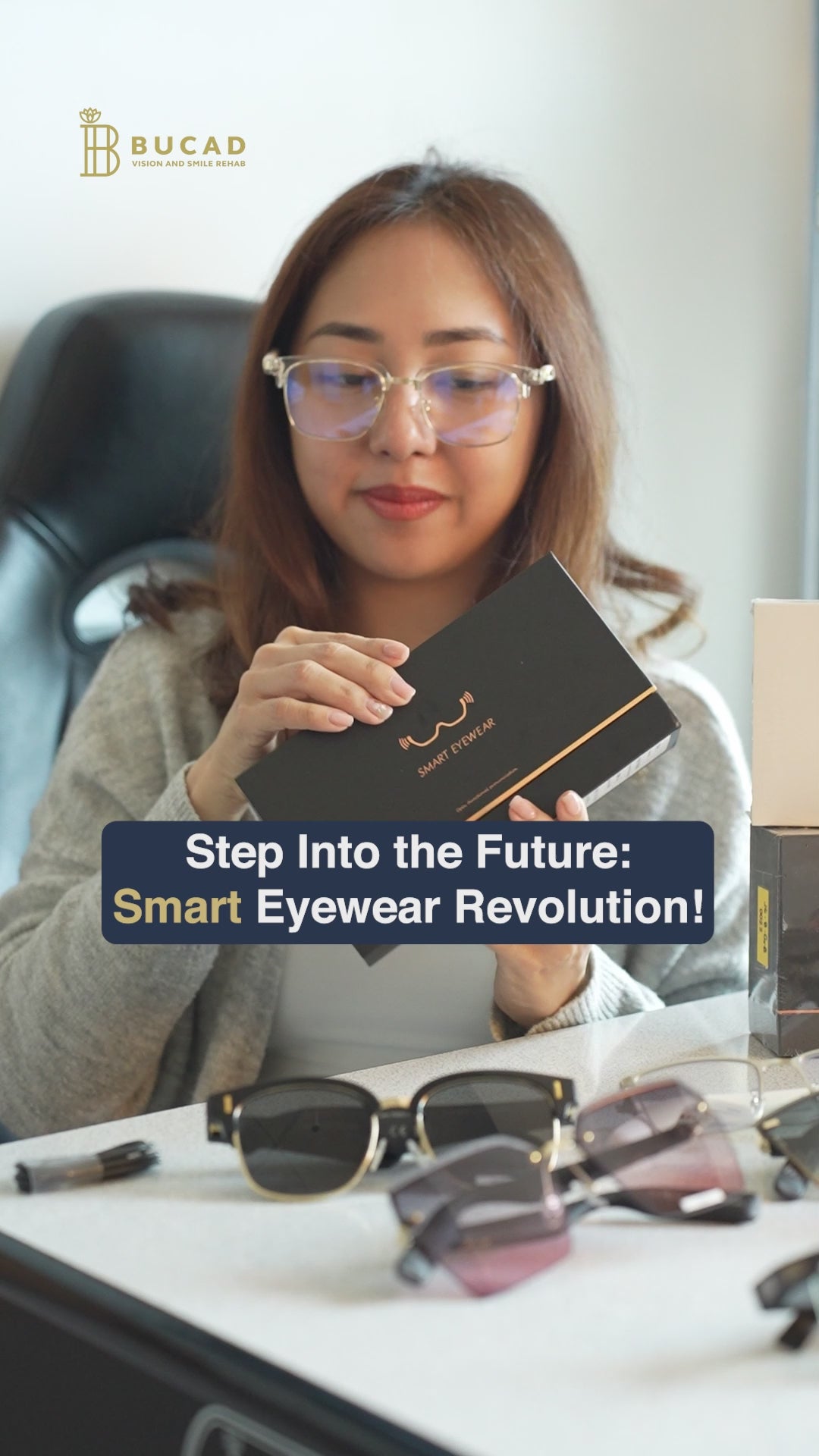
Your Vision Rehab Starts Here
At Bucad, we provide comprehensive vision care tailored to every stage of your visual journey—whether you're coping with a condition, recovering from trauma, or working to improve day-to-day focus and clarity.
Using advanced diagnostics, AI-supported assessments, and non-invasive rehabilitation tools, we’re able to deliver faster results, greater comfort, and real, lasting progress—all guided by experts who understand both the science and the human side of vision care.
With personalized care, you can expect:
- Improved visual function
- Faster, more comfortable recovery
- A smoother, fully supported treatment experience
Not sure with what you need? We're here to help!
Whether you're experiencing blurry vision, eye strain, or color deficiency, choosing the right eye care solution can feel overwhelming. We tailor every step of your vision rehabilitation journey to your unique needs—from initial assessment to long-term support. We'll help you:
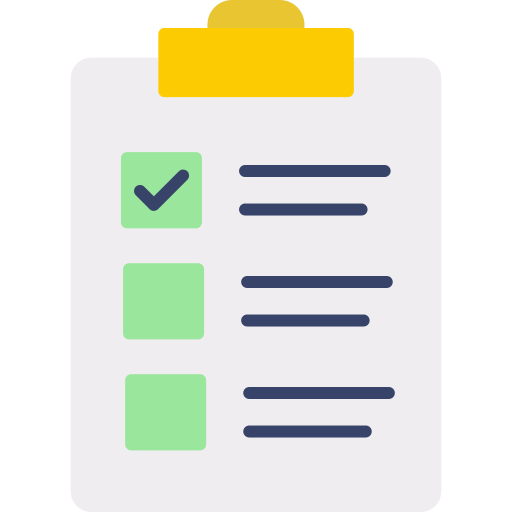
Understand the root cause of your vision challenges
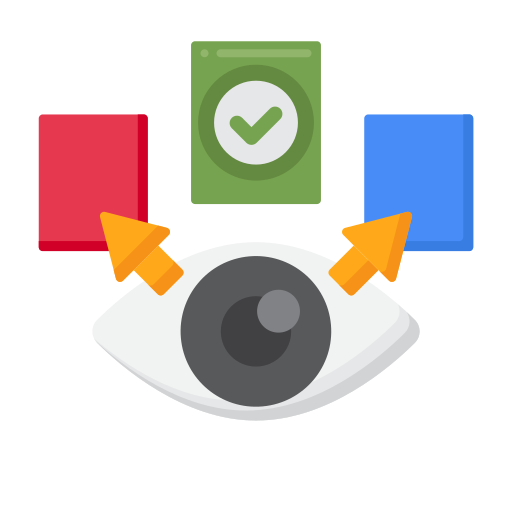
Identify the most effective, personalized treatment options
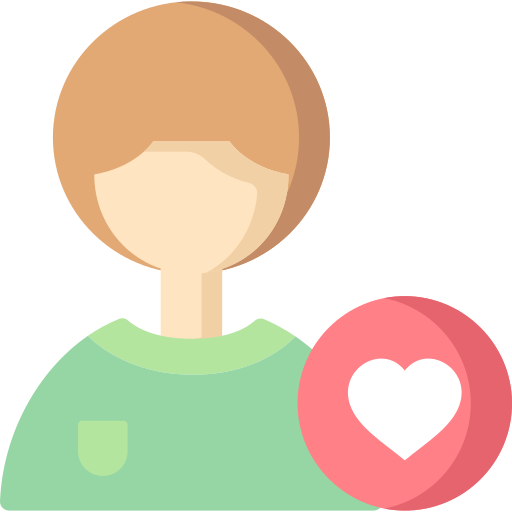
Regain clarity, comfort, and confidence in your daily life
Explore Other Optical Services
Ready for a clearer vision?
Bucad is here to make it happen—with expert care, modern tech, and a heart for hopeless cases.
FOR INQUIRIES & APPOINTMENTS:
📍 Visit us:
Unit 1621, 16th Floor, Centuria Medical Makati (Walk-ins are welcome!)
📞 Call or text us:
(02) 8570-9619 | 0917-876-8963 | 0917-108-1528
💻 Online consultations available for patients outside Metro Manila.
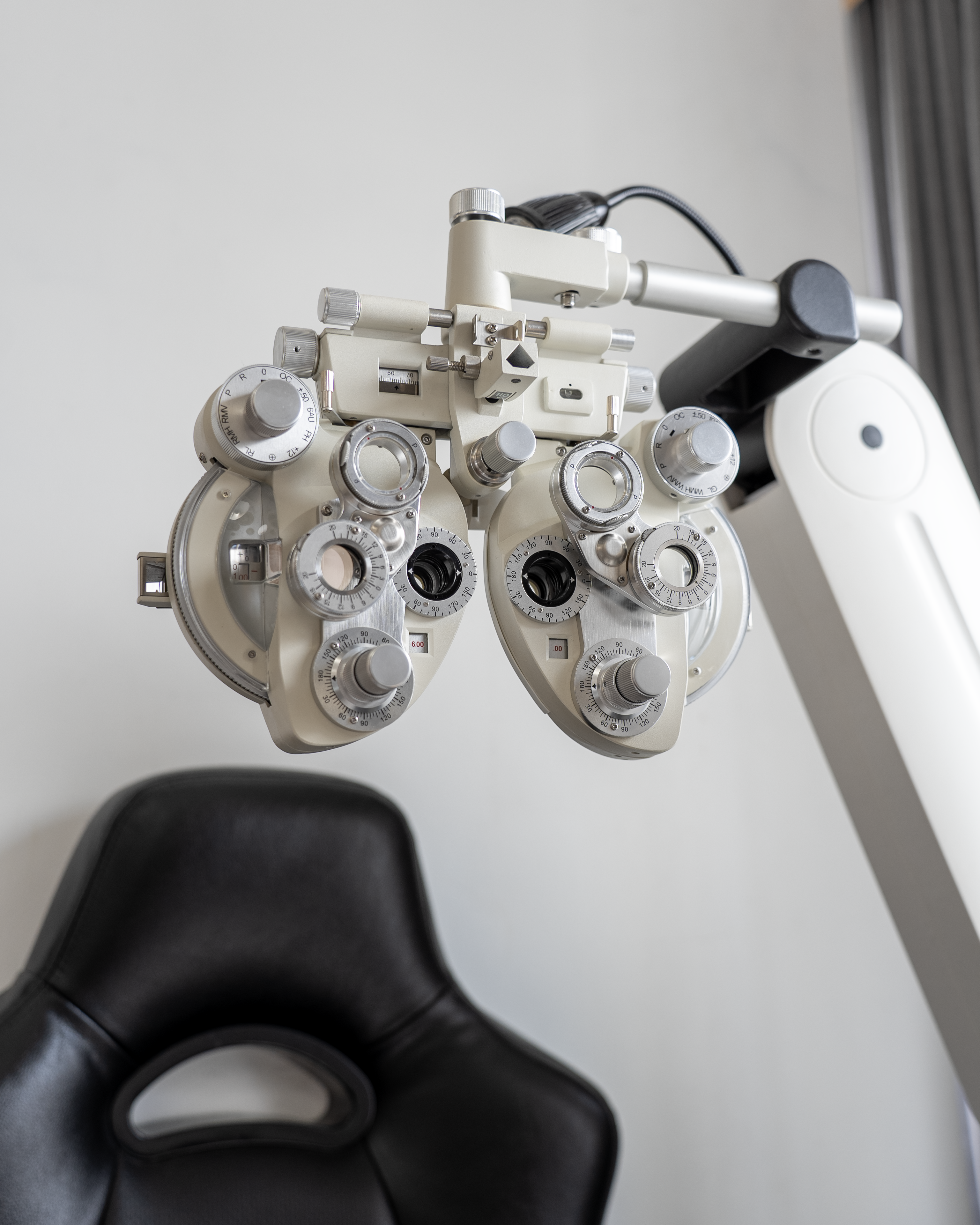
Your Eye Care Guide
How often should I have my eyes examined?
How often should I have my eyes examined?
The frequency of eye exams should ideally be every one to two years, but it can vary depending on your age, health, and risk factors.
Regular eye exams are crucial for maintaining good eye health as they can detect vision problems, eye diseases, and other health issues before they become serious. For adults, the American Optometric Association recommends a comprehensive eye exam every two years for ages 18 to 60, and annually for those over 60. However, if you have risk factors such as diabetes, high blood pressure, a family history of eye disease, or if you wear glasses or contact lenses, more frequent exams may be necessary.
For children, eye exams should start at six months, again at three years, and then just before starting school. After that, every two years is recommended, unless the child has vision correction needs or risk factors for eye problems.
At Bucad, you can safely and quickly get your eyes checked for early detection that would save your vision in just one scan.
What can I do to protect my vision?
What can I do to protect my vision?
Eat a healthy diet rich in vitamins and antioxidants, protect your eyes from UV rays, take breaks when using digital devices or control screen time, and maintain a healthy weight.
Will wearing reading glasses make my eyes worse?
Will wearing reading glasses make my eyes worse?
No, wearing reading glasses does not make your eyes worse. They simply help your eyes focus properly when you’re doing close-up work.
Reading glasses are typically used to correct presbyopia, a condition that affects almost everyone as they age. Presbyopia is caused by a hardening of the lens of the eye, which makes it more difficult for the eyes to focus on near objects. Reading glasses provide a simple and effective way to compensate for this change by magnifying the text, making it easier to see and focus on.
While reading glasses do not harm your vision, they are not designed to be worn all the time. They should only be used for tasks that require close focus, such as reading. If you find you’re relying on your reading glasses more and more, it may be time to schedule an eye exam to ensure your prescription is still right for you.
Can too much “screen time” be a problem for my eyes?
Can too much “screen time” be a problem for my eyes?
Yes, prolonged screen time can potentially cause problems for your eyes. This is due to a condition known as digital eye strain or computer vision syndrome.
Digital eye strain is a group of eye and vision-related problems that result from prolonged computer, tablet, e-reader, and mobile phone use. The level of discomfort appears to increase with the amount of digital screen use. Symptoms can include eyestrain, headaches, blurred vision, dry eyes, and neck and shoulder pain.
It’s important to take regular breaks to rest your eyes when using digital devices. The 20-20-20 rule is often recommended: every 20 minutes, look at something 20 feet away for 20 seconds. Also, ensuring that your device is at an appropriate distance and angle can help reduce strain.
Can I do anything about my chances of vision loss?
Can I do anything about my chances of vision loss?
Absolutely, you can significantly influence your chances of vision loss. Proactive steps like regular eye check-ups, maintaining a healthy diet, and protecting your eyes from harmful UV rays can help maintain good eye health and reduce the risk of vision loss.
Regular eye examinations are crucial as they can detect potential problems at an early stage, increasing the chances of successful treatment and preservation of vision. A balanced diet rich in omega-3 fatty acids, lutein, zinc, and vitamins C and E might help ward off age-related vision problems such as macular degeneration and cataracts.
Furthermore, excessive exposure to sunlight’s ultraviolet rays can contribute to serious eye conditions. Therefore, wearing sunglasses that block out 99 to 100% of both UVA and UVB radiation whenever you’re outdoors is also important for preventing vision loss.














